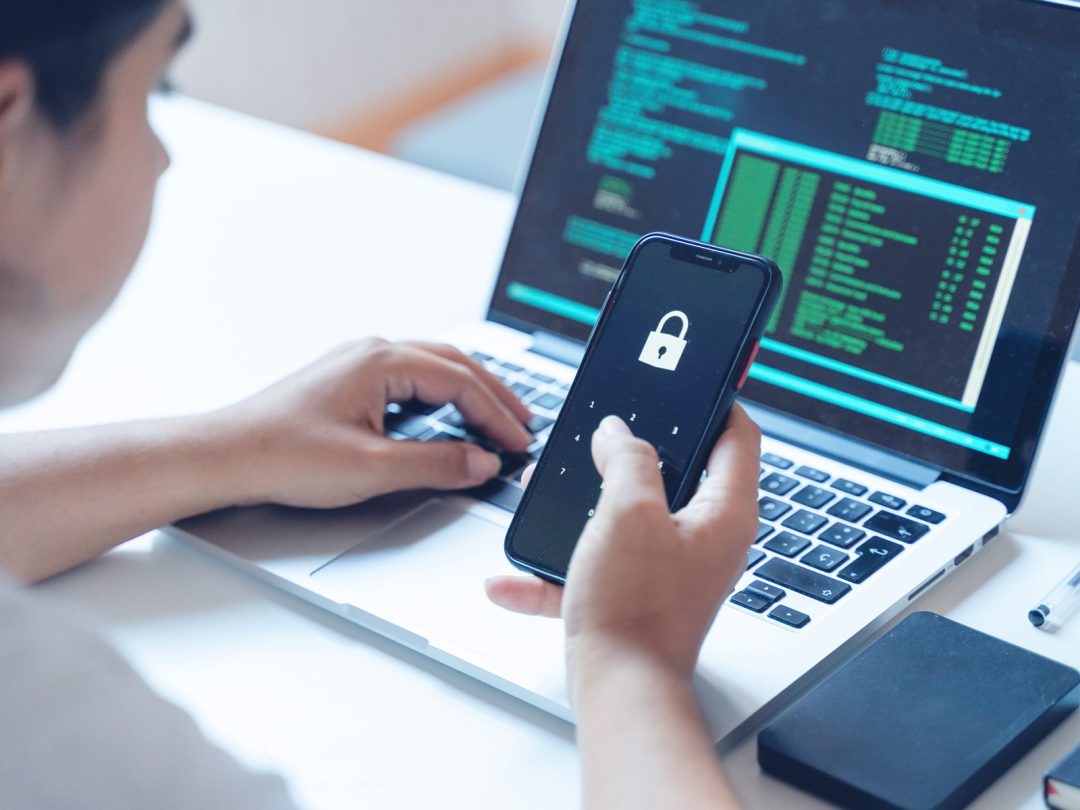February 15th, 2019
Top 6 real estate cybersecurity tips
Property Management
Property Management

Property Managers handle more personal information than they might realise. Every rental application, maintenance request and rent payment carries sensitive information, like home addresses, phone numbers or bank account details. For real estate agencies, cybersecurity isn’t just an IT issue, it’s a big part of protecting your clients’ trust.
This October, during Cybersecurity Awareness Month, it’s a good time to pause and check how secure your digital practices really are. A few small habits can make the difference between keeping your data safe and facing a serious breach.

Property managers deal with a steady flow of sensitive information. Tenant applications, bank details, rent payment records and landlord contact lists all pass through your hands every week. Even your marketing database likely holds hundreds of names, phone numbers and email addresses. If any of that information is lost or stolen, it can cause stress for your clients and damage your agency’s reputation.
Cyber security attacks are not rare. More than one in five Australian businesses experienced a cyber-attack in 2021-22, up from 8% in 2019-20, according to the latest data from the Australian Bureau of Statistics.
Because property management involves so many personal and financial details, getting security right is essential. Keeping data safe builds trust and protects your reputation with clients.
Not every cyber threat is obvious. In fact, many start with something that looks completely normal, like an email from a tenant, a message from a supplier or even a new maintenance request.
Scams are becoming more convincing, using the same language and logos that real businesses use. A fake invoice might ask you to click a link or update bank details. Once that link is opened, it can expose your system or trick someone into sending money to the wrong account.
Even how information is stored can increase your risk. Saving tenant details or payment information in plain spreadsheets or old email threads can leave it unprotected.
Cyber threats can also appear in unexpected places, like social media messages or fake online reviews. A message that seems harmless might include a link that installs malware or collects login details.
Cyber threats often work by making people act quickly without thinking.
Communications that ask for urgent action can be especially suspicious. Look out for emails or texts that request invoices to be paid immediately or payment details to be updated. Scammers often try to create a sense of pressure, giving you little time to think.
Strange requests for personal or financial information should ring alarm bells instantly. If it feels fishy, take a few minutes to confirm the request directly with the person or company in question. Bonus: it’s also a great opportunity to build rapport with your clients!
It’s not just the messaging of the content that you need to watch out for. Email attachments that you weren’t expecting or that simply look odd can contain viruses or try to steal your information.
Another thing to look out for is the sender. Are there spelling errors or sender addresses that are different from what you’ve received before? Always double check the email domain before replying or clicking anything.
Links that don’t match the real company website can also be a red flag. If you hover your cursor over the link, you can usually see the real address it leads to. Looks off? Trust your gut and don’t click it.
Strong passwords still matter. Use different ones for each account and change them now and then. Turn on multi-factor authentication (MFA) wherever you can. It takes seconds and can stop most unauthorised access.
Updates often fix hidden security flaws. Set your systems to update automatically so you don’t have to think about it.
Knowing exactly who can see your files and data is one of the simplest ways to reduce risk. It’s good practice to do an annual cleanup by removing old login accounts. Also, limit access to what people actually need. Ask yourself: does everyone really need admin access to every tool?
Keep data in secure cloud platforms, not email attachments or shared folders. Back up important files and make sure only trusted staff can access them.
If your property management software offers extra protection features, why not use them? PropertyMe, for example, has MFA and user management options to help keep data secure.